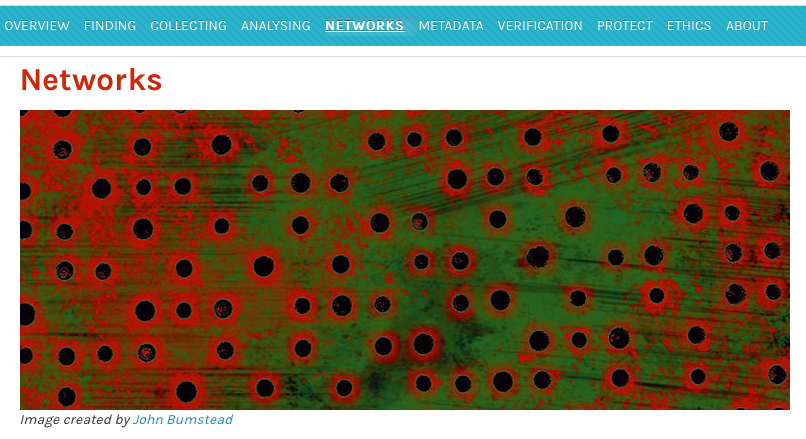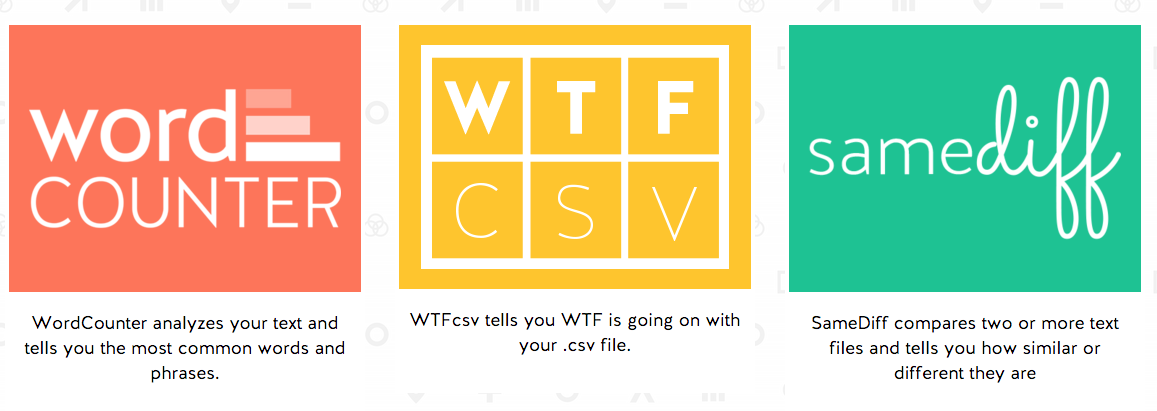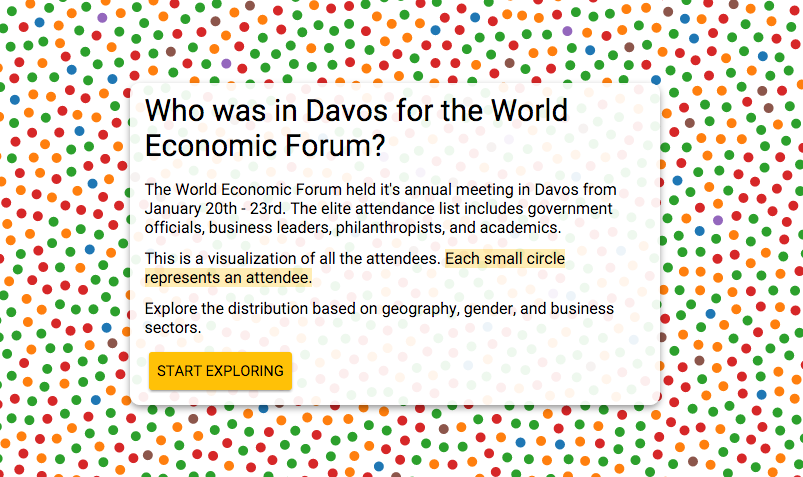Influence Mapping January Roundup
Welcome again to our monthly roundup with stories around transparency and accountability, along with investigative journalism, studies and tools for the data practitioners.
Share your thoughts, needs, achievements and failures in our Google Group, hear about Influence Mapping projects in our Blog and join our Science Fair!
#STORIES AND THOUGHTS
How BuzzFeed News Used Betting Data To Investigate Match-Fixing In Tennis (Buzzfeed)

Betting worth billions. Elite players. Violent threats. Covert messages with Sicilian gamblers. And suspicious matches at Wimbledon. Leaked files expose match-fixing evidence that tennis authorities have kept secret for years.
This is how John Templon, an investigative data reporter for BuzzFeed News, surfed through 26,000 professional matches to uncover “The Tennis Racket” (methodology and code here).
You can also find the “tennis suspects” with this data analysis published in Medium.
Let’s Move Beyond Open Data Portals (Abhi Nemani, Medium)
"You may then think this will all be about open data portals, what they are, why we need them, and how to make them better. In fact, that’s not at all what I’m about to do. Why? Because I think there’s a couple of key trends, certain profound shifts happening in the tech industry in general and in government technology in particular that force us to rethink the way we approach data".
How to preserve your work before the Internet eats it (Poynter)
"Unfortunately, the current content management systems and other systems that we're using every day to create our stories and to distribute them, they're not at all designed to preserve that content, so we're finding that online content is extremely ephemeral."Looking for civic tech's important problems (Tom Sternberg, Civic Hall)
“What preoccupies me now is the question of whether this embedding of transparency and accountability values hard into the core of digital public services is going to be widespread or not. It is entirely possible to make a service more usable without making it any more transparent. Was it naive to assume we could smuggle in a bit of better governance through the back-door of software supply? Or is this actually happening quite often?”
How to write 107,000 stories (CJR)
When Frank Matt finally received the Department of Labor database after an eight-month FOIA battle, it was a mess: 70 million records in a few gigantic spreadsheets. Matt was the data journalist on McClatchy DC’s “Irradiated,” a year-long investigation into the unseen costs of America’s nuclear weapons program, and when he got the spreadsheets, his work was just beginning.
#RESOURCES
Decoding Data is the first in a series of Guides that Exposing the Invisible will bring out in 2016. According to the team, this guide "focuses on the efficacy of data when there are some possibilities and we definitely do not fetishize its power". Here you can find 64 tools and 89 resources about Finding, Collecting and Analyzing data, building Networks and more.
Manual on Freedom of Expression Law
The Media Legal Defense Initiative published this manual intended as a material for training workshops. It’s a guide to international and comparative freedom of expression law, introducing topics ranging from defamation to national security restrictions on free speech.
Digital Media and Journalism in Latin America (2016) Mexican organization Factual just launched a study on Digital Media and Journalism in Latin America. The study includes 30 media initiatives from 13 different countries.
Corruption Perception Index 2015
Although corruption is still rife globally, more countries improved their scores in the 2015 edition of Transparency International’s Corruption Perceptions Index than declined.
#TOOLS
- Super Researcher: Find People, Dig Deeper and Get Your Facts Right, "Super-Searching Google and beyond" // Jan. 28 (CUNY, New York, NY)
- Refugee Hackathon// Feb 5. (Amsterdam, The Netherlands)
- Hacks/Hackers Connect: A weekend event for news entrepreneurs // Feb. 5-7 (London, UK)
- D3.js in news visualizations and how you get started // Feb. 10 (Austin, TX)
- Investigate corrupt cash overseas with Sunlight and TI-Russia's new webinar series // The first seminars are “Tracking property owners in Russia” (Feb 10) and “Tricks for tracking real estate in the United States” (Feb 18).
- Second annual International Data Responsibility Conference // February 25-26 (The Hague, NL)
- Hack the Gender Gap: A Women’s IoT Hackathon at WVU // April 1-3, 2016 (Morgantown, WV)
- Internet Freedom Festival / March 1-6 (Valencia, Spain)
- International Open Data Day Hackathon // March 5th
- Open Data Day, Ghana. // March 5th
#APPLY
- Crypto Summit 2.0. // Registration and call for comments now open
- cvs,con,v2 // Propose a talk by February 14th
- Stories on finance, lobbying, privacy or the environment, by Journalismfund.eu vow // Deadline: March 9th.
- 2016 ONA-Poynter Leadership Academy for Women in Digital Media // Deadline: Feb 3
- ProPublica Summer Data Institute // Deadline: March 31st.
- impactAFRICA, Africa's largest fund for data-driven storytelling // Deadline: April 15


